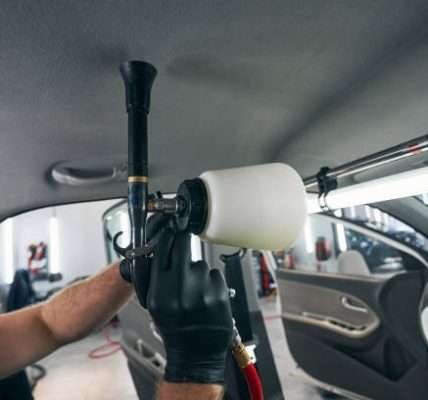A career in weapons engineering is not just about designing and building destructive devices; it’s a multifaceted field requiring innovation, precision, and a deep understanding of physics, materials science, and ethics. It is a career path for those driven by problem-solving and a desire to push the boundaries of technology. However, pursuing a career in weapons engineering demands a strong moral compass and a commitment to responsible development. Individuals considering this path should carefully weigh the potential impact of their work and strive to contribute to advancements that prioritize safety and security. This unique field offers challenges and rewards unlike any other.
Understanding the Scope of Weapons Engineering
Weapons engineering encompasses a broad spectrum of activities, from research and development to testing and evaluation. It’s not simply about bombs and missiles. It includes designing and improving defense systems, creating advanced protective gear, and developing technologies for threat detection and neutralization. The field is constantly evolving, driven by advancements in materials science, computer technology, and artificial intelligence.
Key Areas of Specialization
Ballistics: Studying the motion and impact of projectiles.
Explosives Engineering: Developing and testing explosive materials and devices.
Fire Control Systems: Designing systems for aiming and firing weapons accurately;
Materials Science: Researching and developing materials that can withstand extreme conditions.
Cyber Warfare: Developing offensive and defensive cyber weapons.
Essential Skills and Qualifications
A successful career in weapons engineering requires a strong foundation in science and mathematics. Aspiring engineers typically pursue a bachelor’s or master’s degree in mechanical engineering, aerospace engineering, electrical engineering, or a related field. In addition to academic qualifications, certain skills are crucial:
Analytical Skills: The ability to analyze complex problems and develop creative solutions.
Problem-Solving Skills: A knack for identifying and resolving technical issues.
Technical Proficiency: A deep understanding of engineering principles and design software.
Communication Skills: The ability to communicate technical information clearly and concisely.
Ethical Awareness: A strong understanding of the ethical implications of weapons development.
The field also requires a meticulous approach to work, as even minor errors can have catastrophic consequences. Attention to detail and a commitment to safety are paramount.
Navigating the Ethical Landscape
One of the most challenging aspects of a career in weapons engineering is the ethical considerations involved. Weapons engineers must grapple with the potential impact of their work on society and the environment. It is essential to consider the potential for misuse and to prioritize the development of technologies that promote peace and security. Many engineers working in this field adhere to strict ethical codes and strive to ensure that their work is used responsibly.
FAQ: Frequently Asked Questions
- What types of companies hire weapons engineers? Defense contractors, government agencies, and research institutions.
- Is a security clearance required? Often, yes, depending on the nature of the work.
- What is the salary range? Salaries vary depending on experience and location, but generally fall within the range of other engineering professions.
- What are the long-term career prospects? The demand for weapons engineers is expected to remain strong, driven by ongoing global security concerns and technological advancements.
Ultimately, a fulfilling career in weapons engineering requires a blend of technical expertise, ethical awareness, and a deep commitment to responsible innovation. If you possess these qualities and are passionate about pushing the boundaries of technology, a career in weapons engineering could be the perfect path for you.

